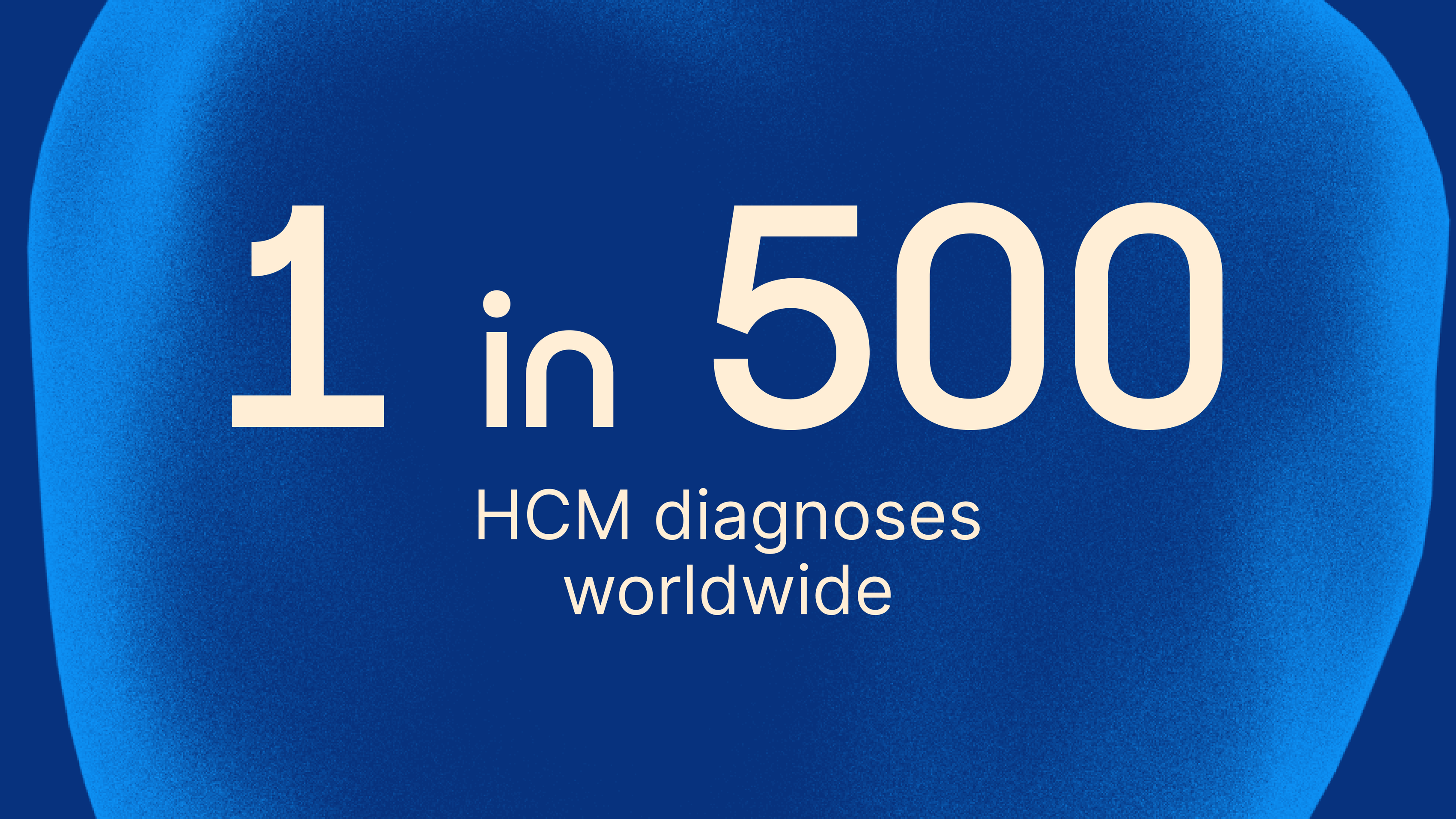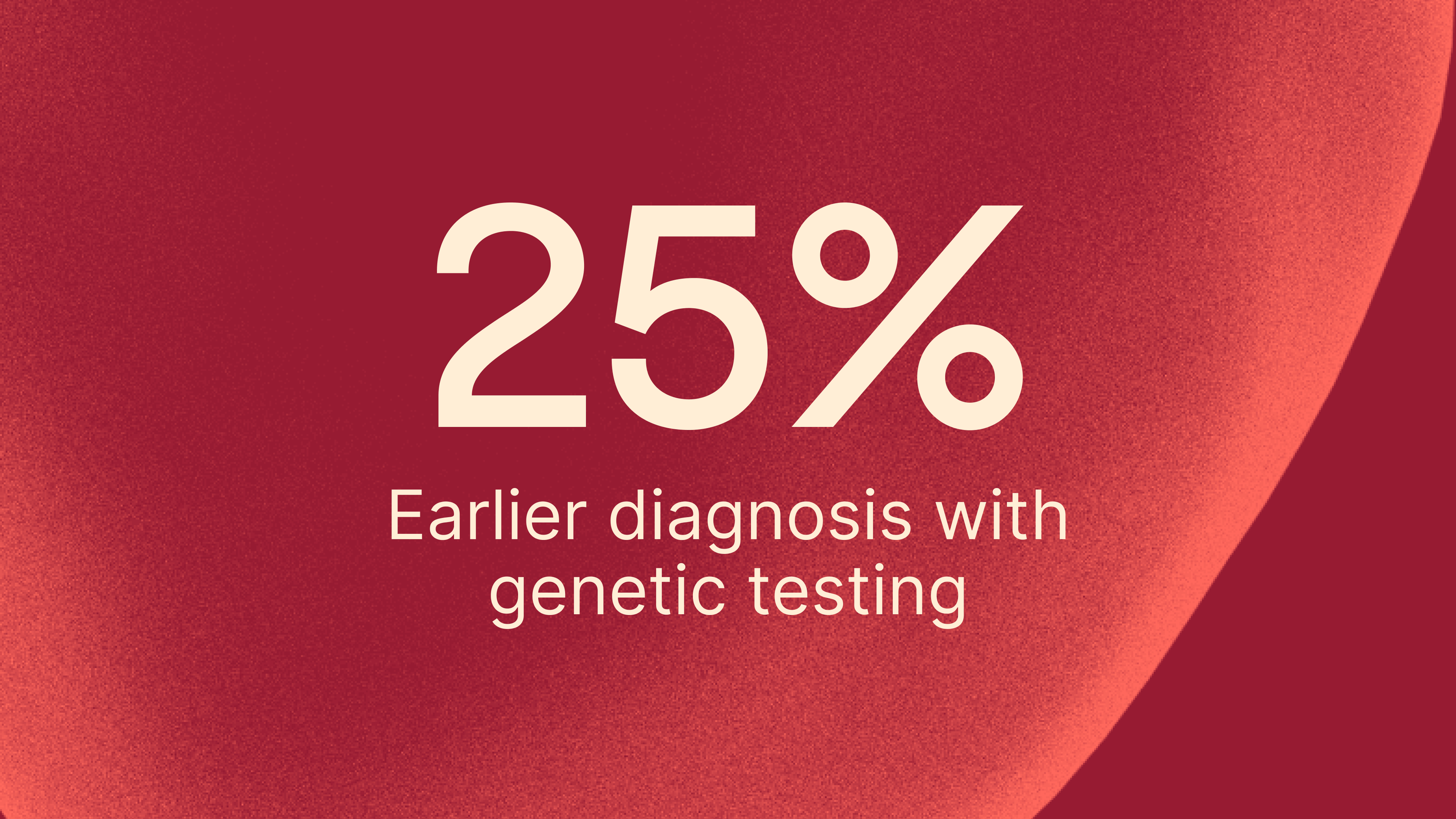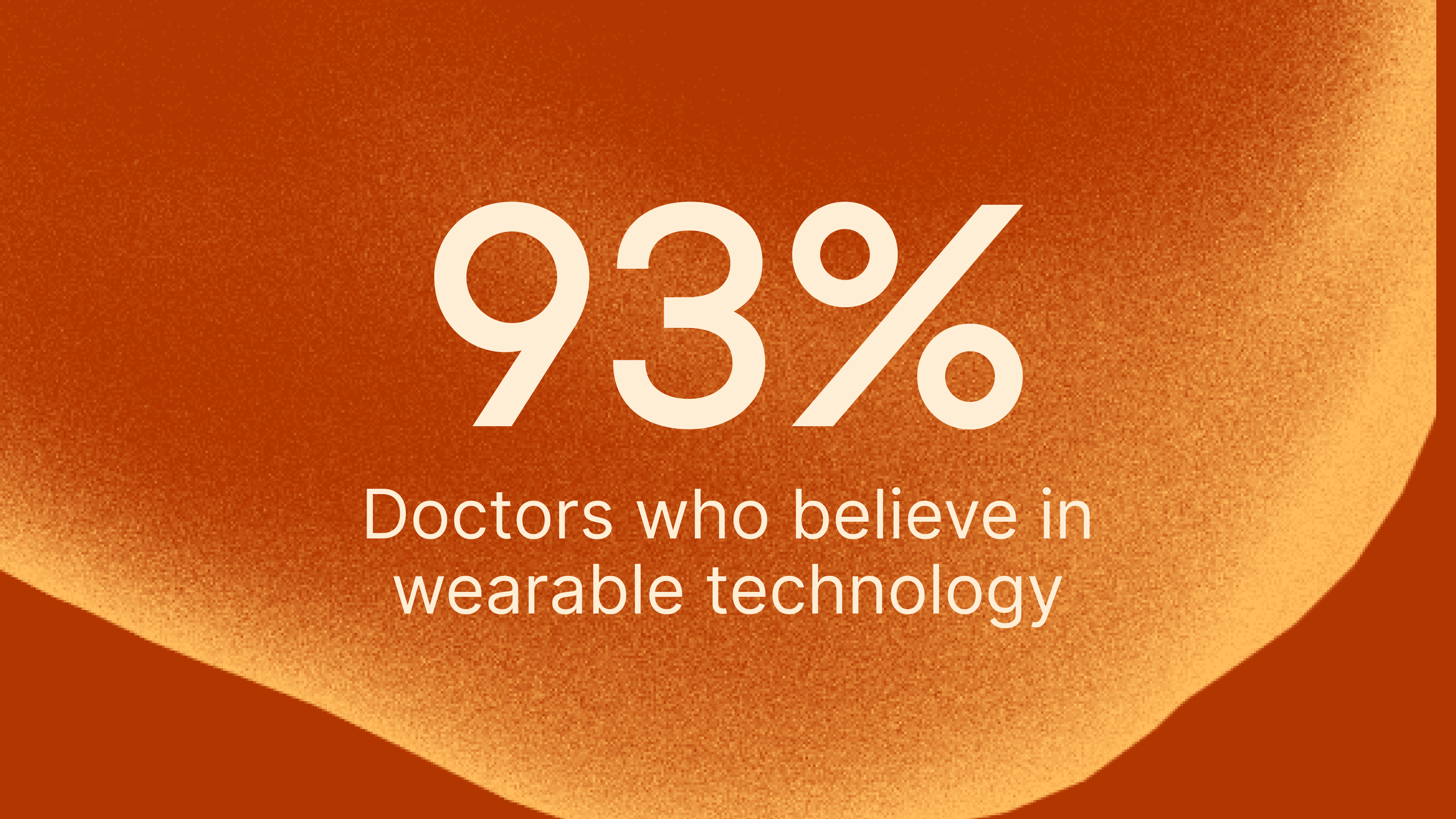7 Questions Every HCM Patient Should Ask Their Cardiologist
Introduction
When you're diagnosed with Hypertrophic Cardiomyopathy (HCM), it’s normal to feel a mix of emotions. Asking the right questions can help you take control of your care. To guide you, we’ve worked with a leading cardiologist specializing in HCM to develop these 7 questions that every patient should ask their doctor. Getting answers will help you understand your condition and ensure you're getting the best possible care.
1. Can you tell me about my echocardiogram results? Do I have an obstruction?

Understanding your echocardiogram results is key to determining whether the thickening of your heart muscle is obstructing blood flow. HCM affects about 1 in 500 people worldwide (American Heart Association), but not everyone experiences obstruction. Your doctor will explain if you have obstructive or non-obstructive HCM, which can affect treatment choices. Studies show that early identification of obstructive HCM can improve long-term outcomes by 40% when proper management is followed (Journal of the American College of Cardiology).
2. Can you tell me about my heart imaging results? Where is the thickest part of my heart muscle, and how thick is it?
Ask this if you know you had a recent imaging test like an echocardiogram or cardiac magnetic resonance. Heart imaging provides a detailed view of the thickened areas of your heart muscle, critical for managing HCM. Cardiac magnetic resonance imaging (MRI) has a 97% accuracy rate in identifying key areas of thickening (National Institutes of Health), which can help guide treatment. Knowing the precise thickness and location is essential as studies indicate that patients with severe thickening (>30mm) face a 5% annual risk of serious complications, such as arrhythmias or heart failure (European Heart Journal).
3. Is it safe for me to exercise? Should I exercise? How much and what kinds are okay?
Exercise can be beneficial but risky for those with HCM, so it's essential to ask your doctor for tailored advice. You’ll want to know which exercises are safe, how much activity is recommended, and which activities to avoid to reduce the risk of heart-related complications. Your doctor will likely suggest modifications based on the severity of your condition.
4. Do I need treatment now? If not, how will I know when I do?
Even if you don’t require immediate treatment, monitoring your symptoms and regularly checking in with your doctor is key. Ask your physician what signs to watch for that may indicate you need to begin medication, consider surgery, or other interventions. Staying informed about when to seek help empowers you to manage HCM proactively.
5. Do I need genetic testing? What can it tell me?

Genetic testing can identify whether your HCM is inherited. About 60-70% of HCM cases are linked to gene mutations (American College of Cardiology), and identifying these mutations can help predict risks for family members. Additionally, early genetic testing has been shown to lead to 25% earlier diagnosis in family members, which allows for better preventative care (Journal of Cardiovascular Translational Research).
6. Do my children, siblings, or parents need to be tested for HCM? Where should I tell them to go for testing?
Since HCM can be hereditary, it's important to know whether your close relatives should be tested. Your physician can recommend screening options and guide you on where they should go for these tests. Early detection in family members can lead to better management and treatment, potentially preventing more severe issues.
7. What is my risk for complications, such as sudden cardiac arrest, and how can I reduce it?

HCM increases the risk of complications like arrhythmias and sudden cardiac arrest (SCA). Understanding your specific risk level and whether you need interventions, such as an implantable cardioverter-defibrillator (ICD), is key to reducing these risks.
Wearable technology, such as smartwatches with ECG capabilities, can help monitor your heart rhythm continuously and spot irregularities. Monitoring with FDA-cleared devices, using a scientifically-designed and medically-supervised system, could be a valuable supplement for patients with HCM. In fact, the percentage of physicians who believe digital health tools improve patient care grew from 85% in 2016 to 93% in 2022, according to an American Medical Association study.
Ask your doctor about how wearables could complement your treatment plan and help detect warning signs early.
Why this matters:
This guide is written with the input of a board-certified HCM specialist and aims to empower you to take charge of your health. By asking these physician-recommended questions when you see your doctors, you’ll be better prepared to manage your HCM and partner with your care team to make informed decisions about your treatment. Don't hesitate to download this guide for a deeper dive into each question and how it can impact your care.
About Prolaio:
Prolaio is digital health company founded by leading medical and technology professionals with a common belief: continuous learning and collaboration can make the difference in how heart care can be administered. Prolaio offers a free-to-patients wearable monitoring solution using a connected platform, enabled by smart data science, to help patients manage their health and access the care that will inform better treatments and outcomes.
Prolaio is driven by our passionate belief in the power to know what your heart is doing. Because we know that hearts work on their own times, not appointment times. Learn more: www.prolaio.com/hcm.